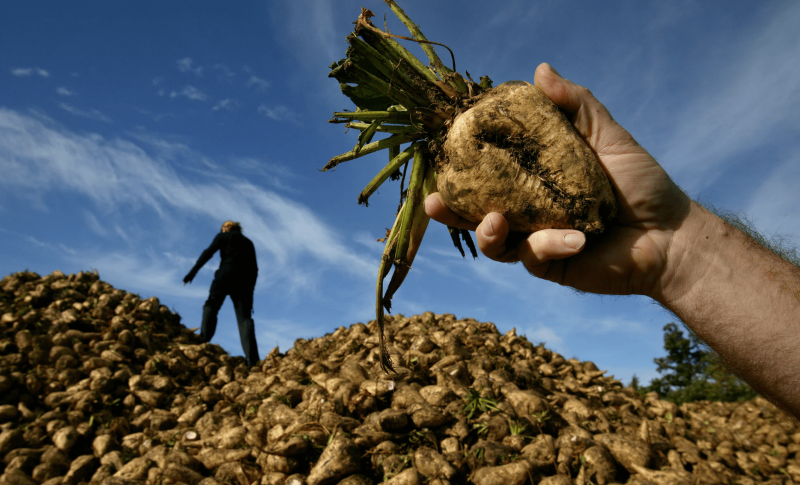Controlling the spread of plant viruses has just got harder with the demise of neonicotinoid seed treatments putting the emphasis back on pyrethroids for vector control. Oilseed rape growers have been denied neonics for a while, but until this season sugar beet and cereal growers have been able to benefit from the protection they offered.
[In fall 2019] the importance of [Barley yellow dwarf virus] BYDV rises up the agenda and researchers have been looking at ways to mitigate the risk the disease poses to cereal crops.…
Prof John Holland, head of farmland ecology at the Game and Wildlife Conservation Trust (GWCT), has been leading a pilot study looking at field monitoring methods that may be useful to help growers and agronomists assess the risk of BYDV in cereal fields.
“The risk of BYDV is likely to rise in the short term after the loss of the neonicotinoids. In the longer term, rising global temperatures will allow aphids to be more active in winter which will further increase the risk and spread of BYDV,” he explains.
…
“We’re all striving to improve the quality of crop production systems and the loss of neonics creates a particular challenge insofar as the risk of increased use of foliar insecticides could lead to negative impacts on beneficial insects ….” [said Will Foss, technical adviser at Agrii.]
Read full, original article: Theory to Field – A sticky situation with BYDV































